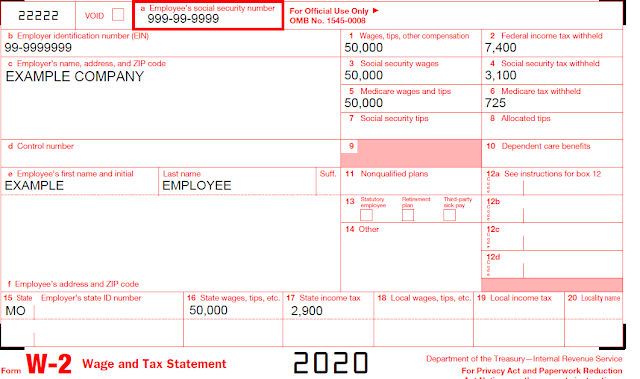Requesting A Tax Return Extension: Facts and Myths
Have you ever filed a tax extension? Or have you been worried about the implications of having to do so? Then read below on some of the common facts and myths regarding tax extensions. Statement #1: Taxpayers can get an automatic six-month extension from the IRS. FACT! Not ready to file on April 15? Don’t worry! We file a six-month extension that extends the deadline to file to October 15. For business returns, the original deadline is March 15 and the extended deadline is September 15. NOTE: For the 2020 filing season, the April 15 deadline was automatically moved to July 15, due to COVID-19. Statement #2: An extension also extends my time to pay tax owed. MYTH! This is incorrect! While you can file an extension to file by October 15, your tax liability is owed on April 15. Thus, if you wait to pay until later on in the year (whether that be May or October 15), you’ll owe some interest and penalties on top of the tax liability due. That’s why it’s always best to t



